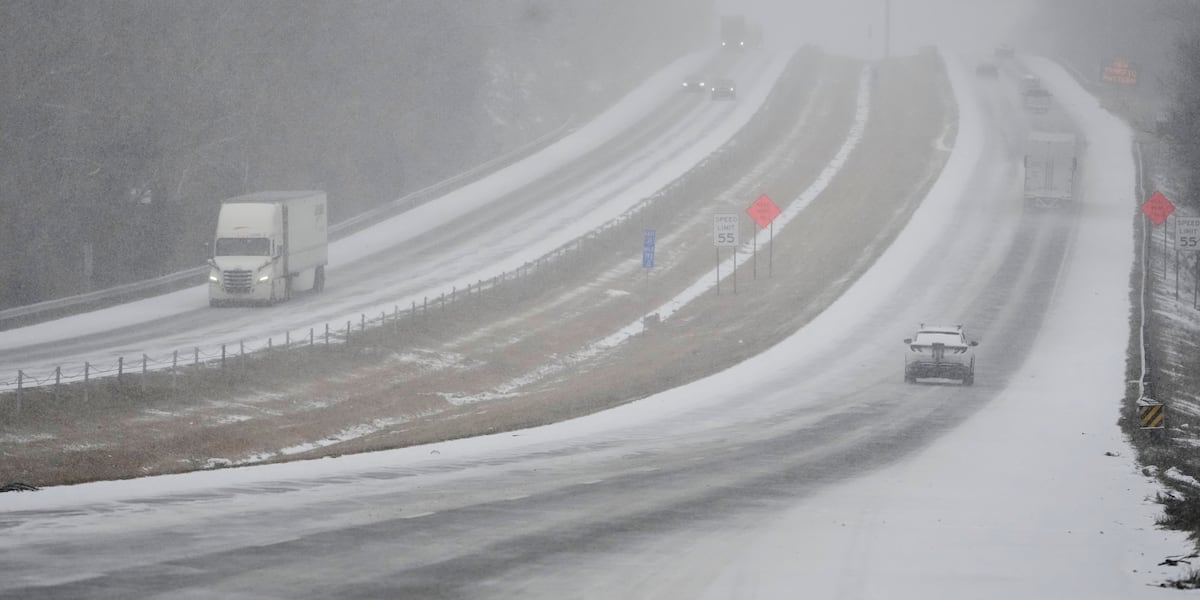The clothes you drop off at the dry cleaners are going to be handled a little differently now that the U.S. Environmental Protection Agency has issued a ban on two chemicals that are commonly used for stain removal.
The EPA said Monday it finalized risk management rules for trichloroethylene (TCE) and perchloroethylene (PCE), which are said to cause cancer, under the bipartisan 2016 Toxic Substances Control Act amendments.
Under the new rules, TCE will be completely banned over time while PCE will be mostly banned from manufacturing, processing and distribution in commerce.
Even in very small levels, TCE is “an extremely toxic chemical known to cause liver cancer, kidney cancer, and non-Hodgkin’s lymphoma” and “damage to the central nervous system, liver, kidneys, immune system, reproductive organs and fetal heart defects,” the EPA said.
It’s used in cleaning products, commercial furniture cleaning, degreasers, brake cleaners, sealants, lubricants, adhesives and more.
The new rules from the EPA would prohibit all uses of TCE in one year, the guidelines stated.
RELATED STORY | Study: Do you know what toxic chemicals are in your everyday products?
According to the EPA, PCE causes “liver, kidney, brain and testicular cancer, as well as damage to the kidney, liver and immune system, neurotoxicity, and reproductive toxicity.”
The chemical is widely used in brake cleaners and adhesives, dry cleaning, and other industrial settings.
PCE will be phased out over 10 years in dry-cleaning settings, but it will prohibited from newly acquired dry-cleaning equipment after six months.
Some industries and workplaces will still be allowed to use the chemical under strict controls like lab use for asphalt testing and recovery, making refrigerants and vapor degreasing.
PCE and TCE are both nonflammable chlorinated solvents that are volatile organic compounds and are often used as alternatives for one another, the EPA said.
The agency said there are already widely available safer alternatives for both chemicals.
There were a number of people behind the efforts to get these chemicals banned.
U.S. Sen. Ed Markey (D-Mass.) said a mother from his district approached him about the issue over 40 years ago after losing her son to cancer caused by the toxic chemicals.
“With no doubt that these chemicals are deadly, there is no doubt that this final rule will save lives—especially our children’s lives—around the country,” Markey said in a statement following the EPA’s announcement.
RELATED STORY | More cancers linked to water at Camp Lejeune, large CDC study finds
The toxic chemicals were also found in contaminated drinking water that was provided to service members stationed at Camp Lejeune, a U.S. Marine Corps base in North Carolina, between 1975 and 1985.
“My daughter, Janey, was conceived aboard Camp Lejeune during the drinking water contamination and died of leukemia in 1985, at the age of nine. I first began my fight for justice in 1997, and was later joined by Mike Partain in 2007, who was also conceived aboard the base and diagnosed with male breast cancer at the age of 39,” said Jerry M. Ensminger, retired Marine Corps Master Sergeant in a statement. “Mike and I welcome this ban on TCE by the EPA and this is proof that our fight for justice at Camp Lejeune was not in vain.”




